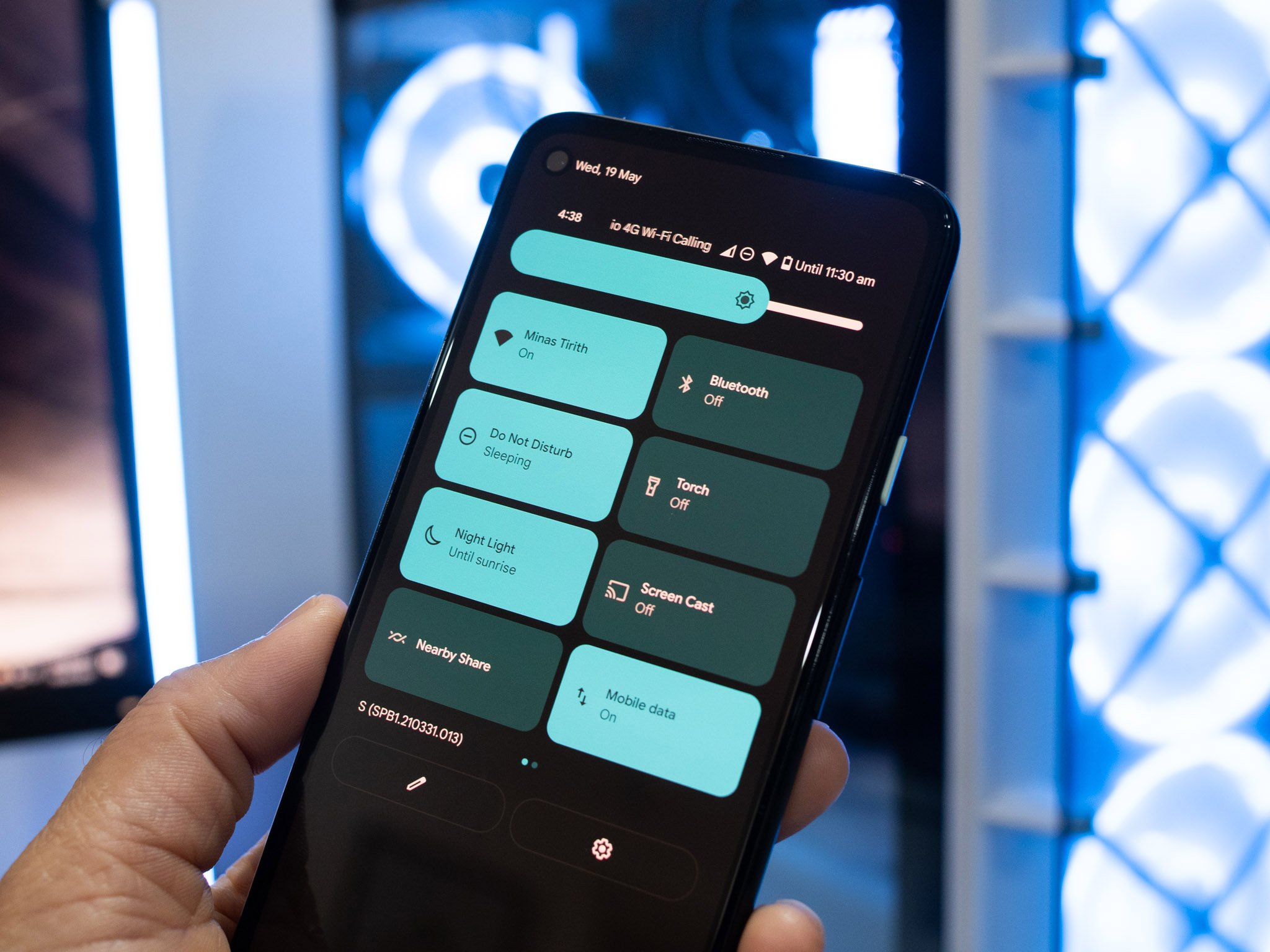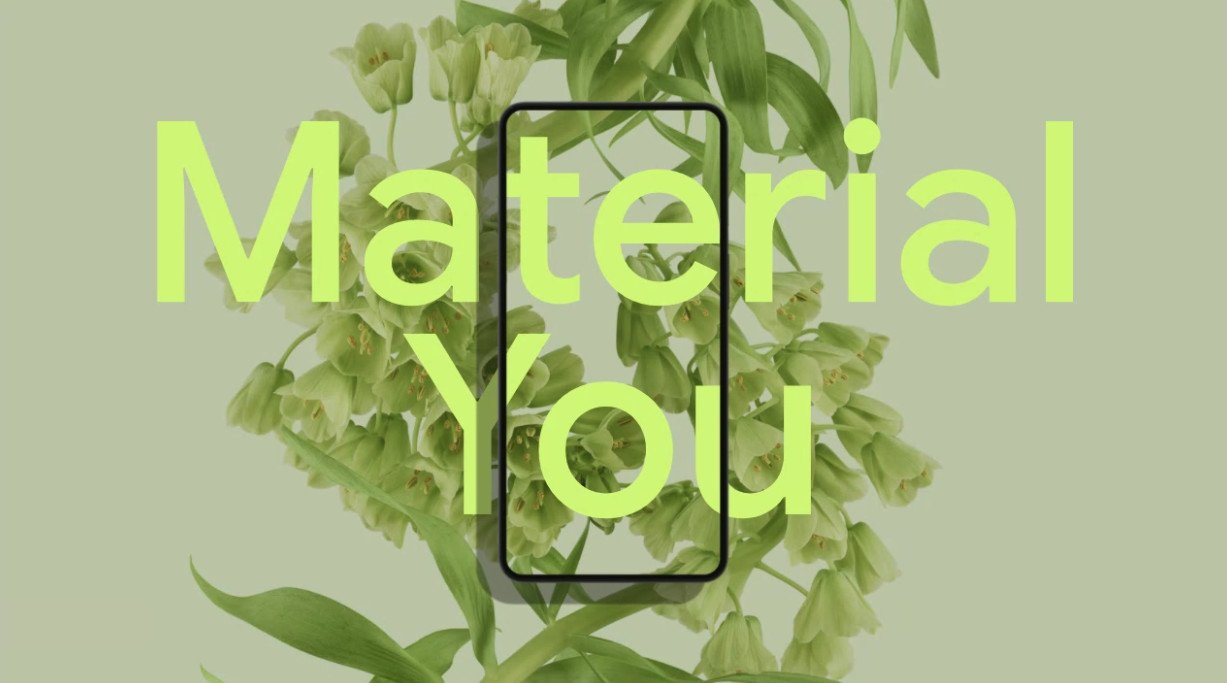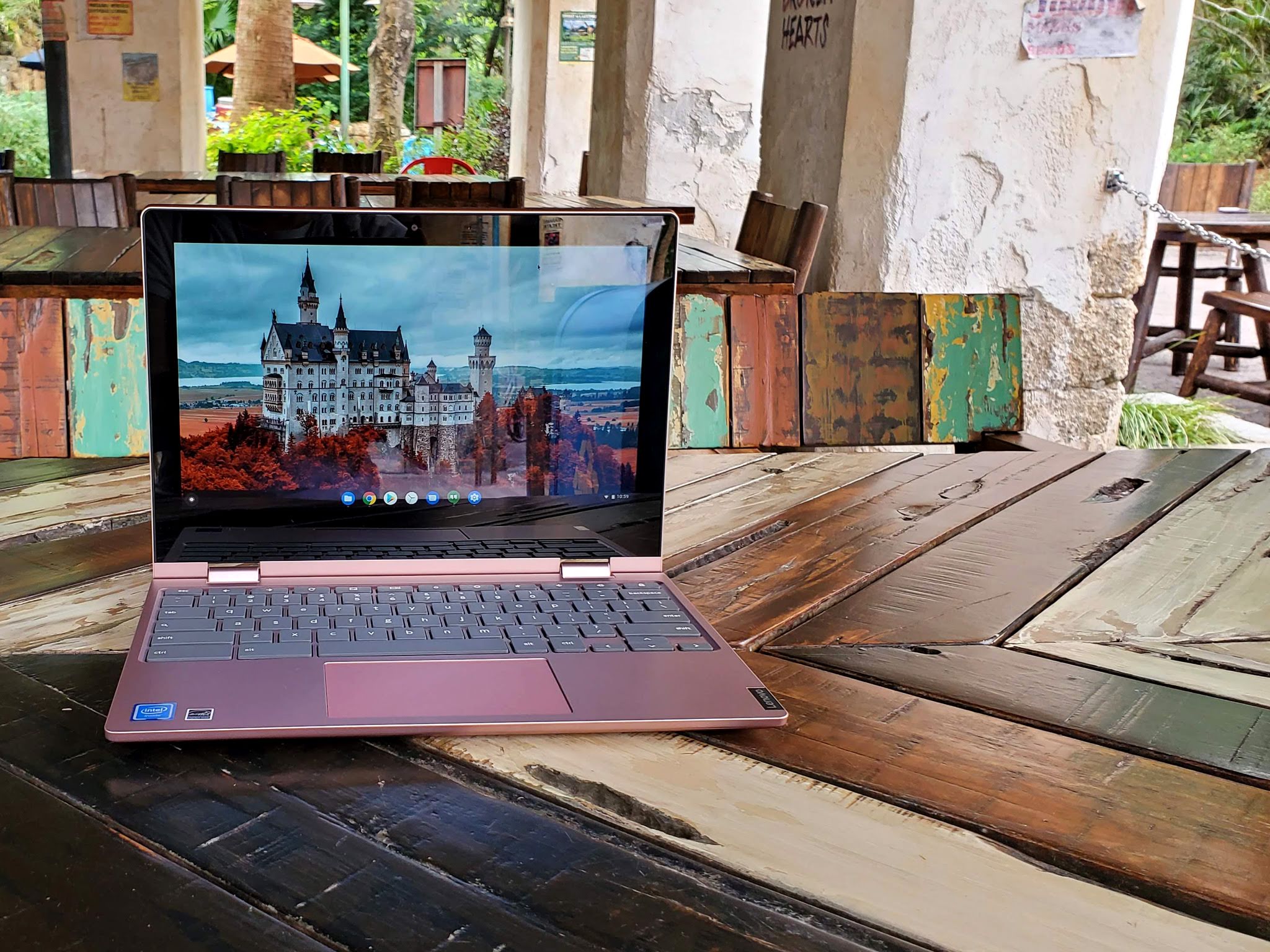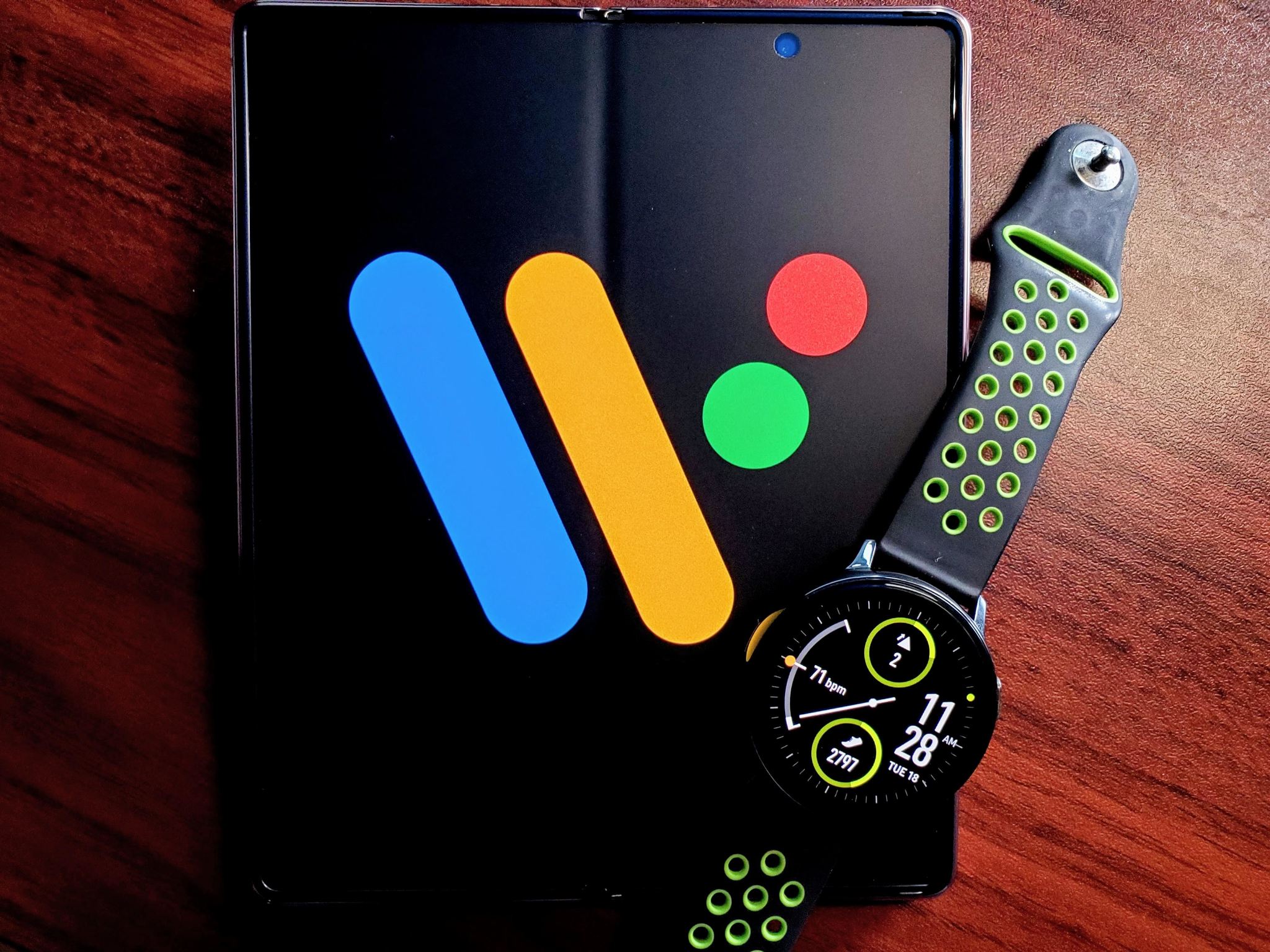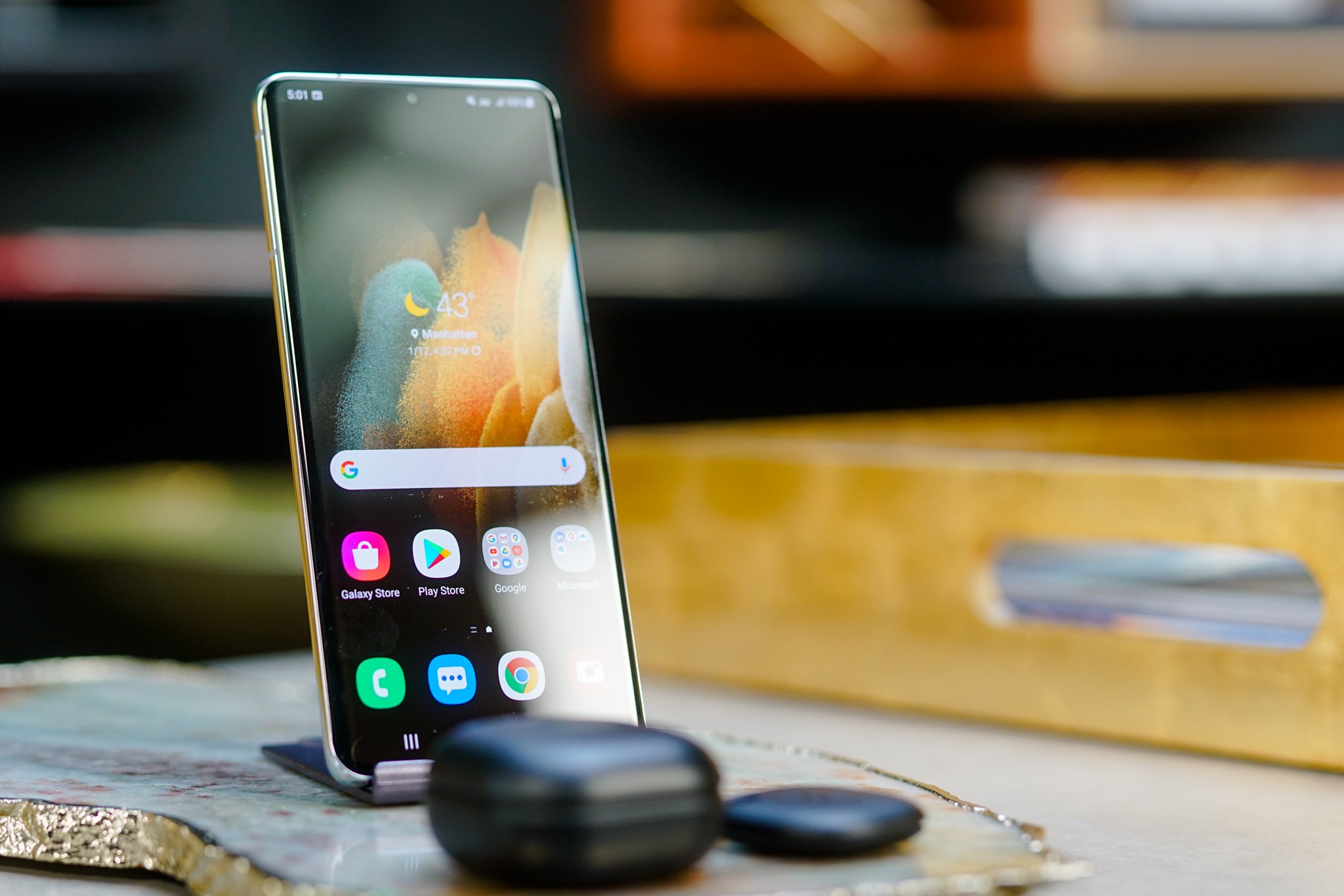- Get link
- X
- Other Apps
- Get link
- X
- Other Apps
Now let's see if Google can capitalize on this chance.
If you were to ask just about any iPhone user why they won't switch, there's likely to be one prevailing answer — the ecosystem. Everything just works. The seamless transition between the Apple Watch, iPhone, iPad, and Mac is the best system integration that we've ever seen. Samsung has been battling Apple in this respect for years, upping the ante by partnering with Microsoft for better integration with apps on Windows, but it's not the same.
Google, on the other hand, has felt like it has a bunch of different teams working on different projects that don't ever talk to one another. Of course, we're sure this isn't actually the case, but that's the way that it looks from where I'm sitting.
Wear OS has been a jumbled mess since its inception, and even after Qualcomm introduced a new wearable SoC that fixed many of the complaints from previous iterations, only the TicWatch Pro 3 uses it. Samsung and Fitbit have dominated the Android smartwatch market, so Google did the only logical thing — if you can't beat them, buy them or partner with them.
Chrome OS is a little bit different, as a lot of attention has been paid to the platform, especially in terms of allowing for better integration with your Android phone. But it's still not enough. Not yet at least.
It starts with You
Google I/O 2021 presented us with a lot of excitement with the introduction of the new Material You design language, along with the Samsung/Google partnership. Material You is much more than just a new interface for your smartphone, as Matias Duarte took to the stage to share that these changes are coming to more than just the phone in your pocket. We'll see elements arrive in Google's vast suite of apps, along with Chrome OS.
Android itself hasn't seen an overhaul in its UI since Material Design was introduced with Android Lollipop back in 2014. But with Material You and Android 12, Google is taking the best parts of Material Design and providing much-needed and long-overdue improvements across the board. It's all about the elements and theming here, as accents and buttons can automatically change based on the colors being used in your wallpaper.
This also introduces easier one-handed usage for phones with stock Android. We've already seen design element changes from the likes of Samsung, OnePlus, Xiaomi, and just about every other phone maker. Now, similar changes are coming to stock Android. Buttons are going to be bigger, you'll be able to reach the top of the Settings menu easier, all to avoid needing to play finger gymnastics with your phone.
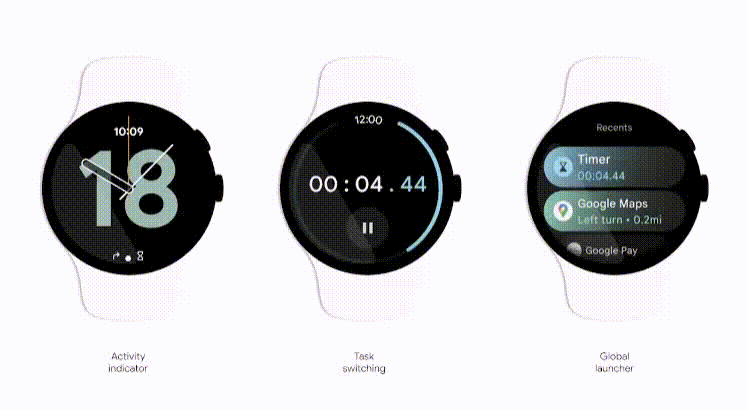
But this change in design is also coming to the wrist with Wear, or Wear OS, or whatever it's going to end up being officially called when it launches. Google's wearable operating system will take some of these design elements and bring them to future smartwatches. Co-developing the software with Samsung, along with adding Fitbit's fantastic fitness and health-tracking features, and you have a recipe for a true competitor to Apple's WatchOS and Apple Watch. Well, as long as Google and Samsung deliver on the hardware front. Samsung stated during the keynote that its next smartwatch would be powered by this new operating system, so we won't have to wait for the fabled Pixel Watch to get our hands on it.
Change is coming
All I want is a cohesive experience that is going to be well-supported for years to come. When new technology and features arrive, I want them to be available as soon as possible, and the best way for that to happen is for Google to deliver. Cohesion is what makes the Apple ecosystem so enticing, and such a pain in the rear to try and leave.
There are plenty of options to choose from when looking at the best Android phone, and the same can be said for the best Chromebook. That gets me two-thirds of the way there for an all-encompassing Google ecosystem. The final piece is the smartwatch, and Google recognized that partnering with Samsung gives the company and its customer base the best opportunity to complete the trifecta.
Renders of the Pixel Watch, Pixel 6, and Pixel 6 Pro have appeared, giving us a glimpse at what could be coming this Fall. But as you might expect, there's no guarantee that these are the final products. It's entirely possible that the renders that have been shared constantly are nothing more than just one of Google's potential design choices. With shades of Robocop in-tow, the Pixel 6 is lining up to be one of Google's most ambitious endeavors to date.
Combine this with the rumors of Google working with Samsung on the co-developed Whitechapel chipset, and Google's finally taking a page out of Apple's playbook. Rumors of Google working on its own series of processors have been circulating for years, but every time a new Pixel is released, Qualcomm is at the helm.
With Whitechapel, Google has more control over all of the processing power and prowess. Instead of needing to add another co-processor (a la the Pixel Neural Core), Google can make the chipset and software work hand-in-hand. Hopefully, this means that the Pixel 6 will take back the throne for having the best Android camera.
Google can't let us down
What does Google have to lose? Other than a bunch of undisclosed money in its Samsung partnership? This is Google's best chance to create the cohesive network of products and software to truly rival Apple. Delivering a near-flagship smartphone, with software featuring a drastic overhaul, along with the smartwatch we've been asking for ever since Android Wear debuted.
Chrome OS, for all intents and purposes, isn't perfect, but Google's done a pretty damn good job at keeping it up-to-date and adding the right features. With that check box already marked off, it's time for Google to dump its enormous amount of resources into the hardware that it's been flailing around with for the past few years.
I'm not suggesting that Google should dump billions into its marketing budget, but it should learn a thing or two from Samsung and even OnePlus. Market the hell out of these phones, don't make the Pixel 4 mistake and show it off intentionally, months ahead of the launch. Give us commercials galore. Sure, it'll be annoying, but as someone who wants the Pixel to succeed, it's something that I can live with.
And if it doesn't happen, then we're right back where we started. Google can go back to being conservative if it chooses, while Samsung and Apple continue to dominate every smartphone and wearable market.
- Get link
- X
- Other Apps
